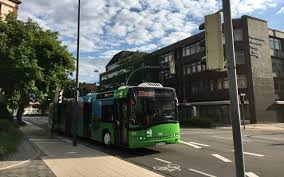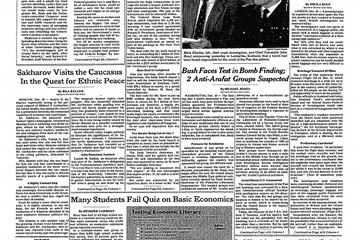The Impact of the Recent Bus Strike on Commuters

Introduction
The ongoing bus strike in various parts of the UK has garnered significant attention as it continues to disrupt the daily routines of thousands of commuters. With public transport being a crucial component for many, the ramifications of this strike are felt far beyond those involved in the negotiations. This issue not only highlights the importance of public transport but also raises questions about workers’ rights and the need for fair labour practices.
Details of the Strike
The strike, which began on October 15, 2023, was initiated as bus drivers across several major cities called for better pay and improved working conditions. Union representatives have reported that negotiations with local operators have stalled, leading to the decision to strike. As a result, many bus routes have been suspended, significantly affecting areas such as Manchester, Birmingham, and London. Preliminary data suggests that the strike has impacted over 300,000 daily commuters, forcing them to seek alternative travel arrangements.
Public Reaction
The public’s response to the strike has been divided. Many commuters express understanding towards the drivers’ plight, acknowledging the need for fair compensation and improved working conditions. However, a considerable number have voiced frustration over the disruption, particularly those reliant on buses for work and education. Social media platforms have become a forum for expressing views, with hashtags related to the bus strike trending as people share their experiences.
Future Implications
As the bus strike continues, discussions about the future of public transport in the UK have emerged. Analysts suggest that if the strike persists, it may prompt a broader examination of how public transportation is funded and operated. Additionally, there may be increased pressure on local governments to find long-term solutions that address wage disparities and worker satisfaction in the public transport sector. Meanwhile, contingency plans are being crafted by local councils to manage the inconvenience caused to commuters.
Conclusion
The bus strike has illuminated the critical role that public transport plays in daily life, as well as the ongoing struggle for fair labour practices. Moving forward, the implications of this strike may lead to significant changes not only in wage structures for bus drivers but also in how public transport is valued in the UK. As negotiations resume, it is hoped that a balanced solution can be reached that satisfies both workers’ needs and the commuting public.









